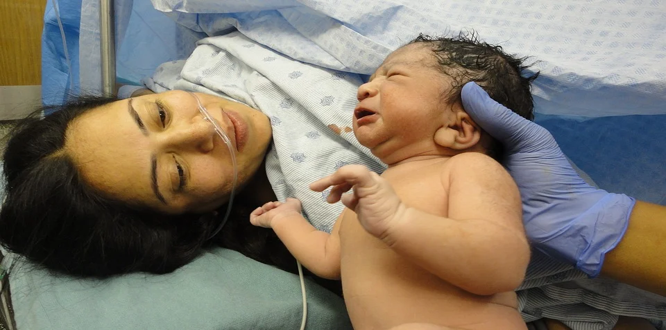Systematic Nerve Sparing during Surgery for Deep-infiltrating Posterior Endometriosis Improves Immediate Postoperative Urinary Outcomes
Résumé
Study Objective: Evaluate the feasibility and risk–benefit ratio of systematic nerve sparing by complete dissection of the inferior hypogastric nerves and afferent pelvic splanchnic nerves during surgery for deep-infiltrating endometriosis (DIE) on the basis of complication rates and postoperative bladder morbidity. Design: Observational before (2012–2014)–and–after (2015–2017) study based on a prospectively completed database of all patients treated medically or surgically for endometriosis. Setting: Unicentric study at the Centre Hospitalier Intercommunal de Poissy-St-Germain-en-Laye. Patients: This study included patients undergoing laparoscopic surgery for DIE (pouch of Douglas resection with or without colpectomy or bilateral uterosacral ligament resection), with complete excision of all identifiable endometriotic lesions, with or without an associated digestive procedure, between 2012 and 2017. The exclusion criteria included prior history of surgery for DIE or colorectal DIE excision, unilateral uterosacral ligament resection, and bladder endometriotic lesions. Interventions: For the patients in group 1 (2012–2014, n = 56), partial dissection of the pelvic nerves was carried out only if they were macroscopically caught in endometriotic lesions, without dissection of the pelvic splanchnic nerves. The patients in group 2 (2015–2017, n = 65) systematically underwent nerve sparing during DIE surgery, with dissection of the inferior hypogastric nerves and pelvic splanchnic nerves. Measurements and Main Results: Both groups were comparable in terms of patient age, parity, body mass index, and previous abdominal surgery. The operating times were similar in both groups (228 ± 105 minutes in group 2 vs 219 ± 71 minutes in group 1), as were intra- and postoperative complication rates. Time to voiding was significantly longer in the patients in group 1 (p <.01), with 7 (12.9%) patients requiring self-catheterization in this group compared with no patients (0%) in group 2. The duration of self-catheterization for the 7 patients in group 1 was 28, 21, 3, 60, 21, 1 (stopped by the patient), and 28 days, respectively. Uroflowmetry on postoperative day 10 was abnormal in 5/25 patients in group 1 compared with 1/33 in group 2 (p = .031). Conclusion: Systematic and complete nerve sparing, including pelvic splanchnic nerve dissection, during surgery for posterior DIE improves immediate postoperative urinary outcomes, reducing the need for self-catheterization without increasing operating time or complication rates.

